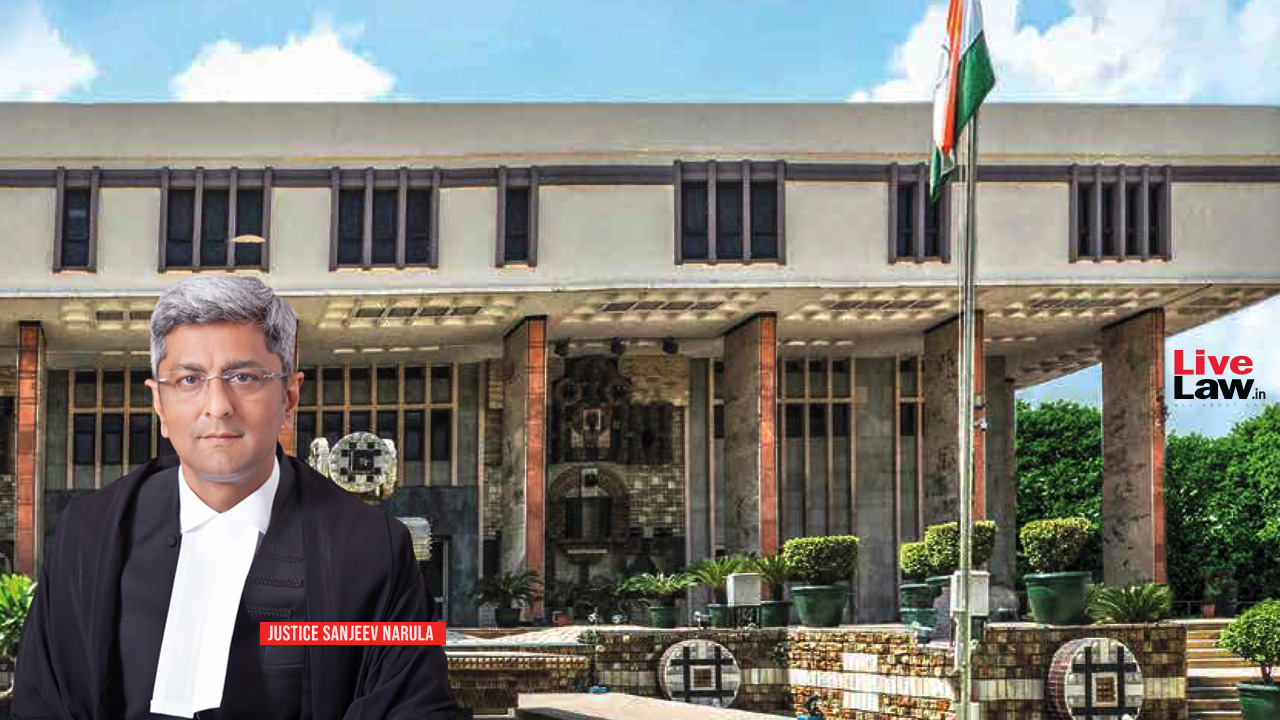 |
|
The Delhi High Court, in the case of LALIT MOHAN v. M/S. NATIONAL AGRICULTURAL CO. FEDERATION OF INDIA LTD. (NAFED), reiterated the principle that the High Court's jurisdiction under Articles 226 and 227 of the Constitution cannot be invoked to challenge procedural orders passed by arbitral tribunals. This ruling underscores the limited scope of judicial intervention in arbitration proceedings, particularly when the orders in question do not constitute final decisions on the merits of the dispute.
The petitioner, Lalit Mohan, had sought to challenge an order passed by an arbitral tribunal during proceedings with the respondent, M/S National Agricultural Co. Federation of India Ltd. (NAFED). The petitioner argued that the tribunal's order, which indicated a potential future signing of the award after the completion of insolvency proceedings under the Insolvency and Bankruptcy Code (IBC), violated the interim moratorium provisions of the IBC. However, the court rejected this argument, emphasizing that the tribunal's statement was not a final decision on signing the award, but merely an indication of a potential future course of action.
The court's decision rests on the established principle that High Courts have limited jurisdiction to intervene in arbitration matters, especially when the orders challenged are procedural in nature. This principle has been consistently upheld by the Delhi High Court in previous cases, including C.S Construction Company Private Limited and Another v. Excelling Geo and Engineering Consultant and Others (2024) and Emerald Industries v. Tata Aldesa JV (2024). The court's reasoning aligns with the intent of the Arbitration and Conciliation Act, 1996, which aims to promote the efficient and timely resolution of disputes through arbitration, minimizing unnecessary judicial intervention.
